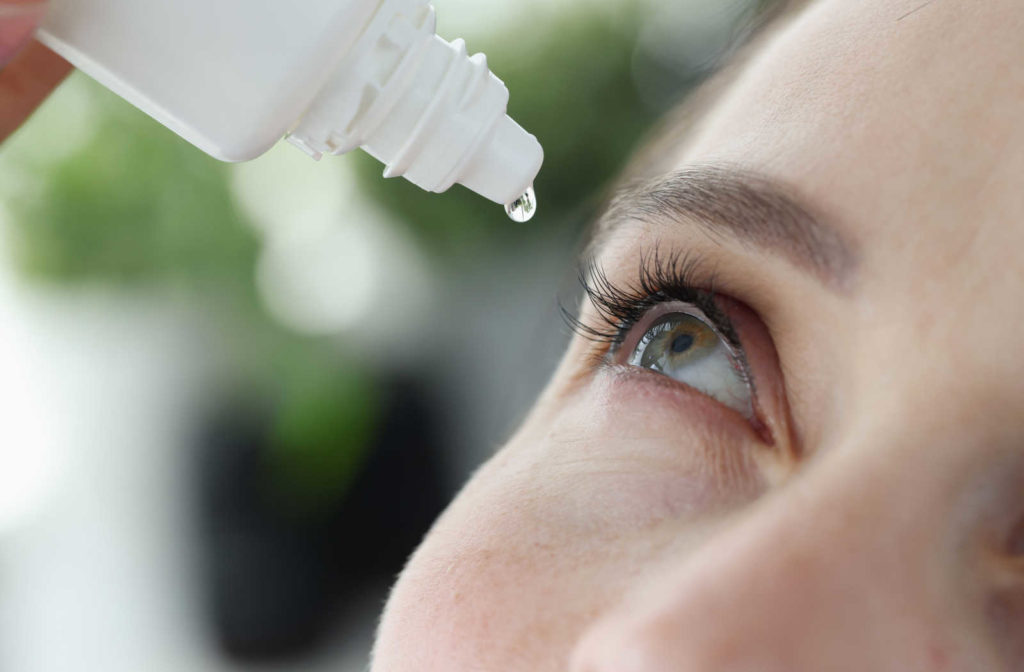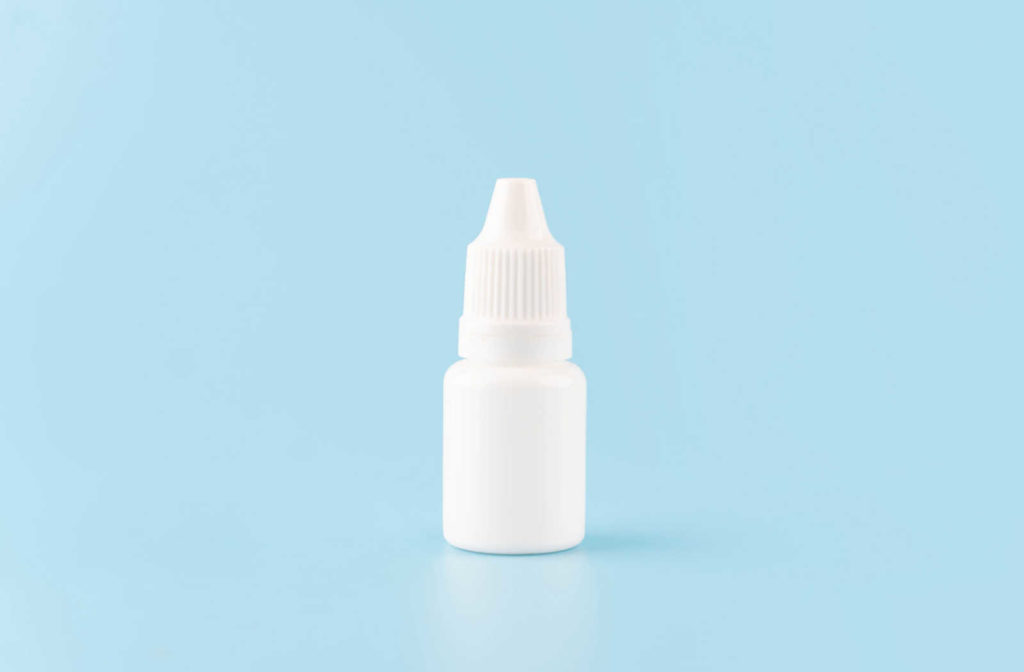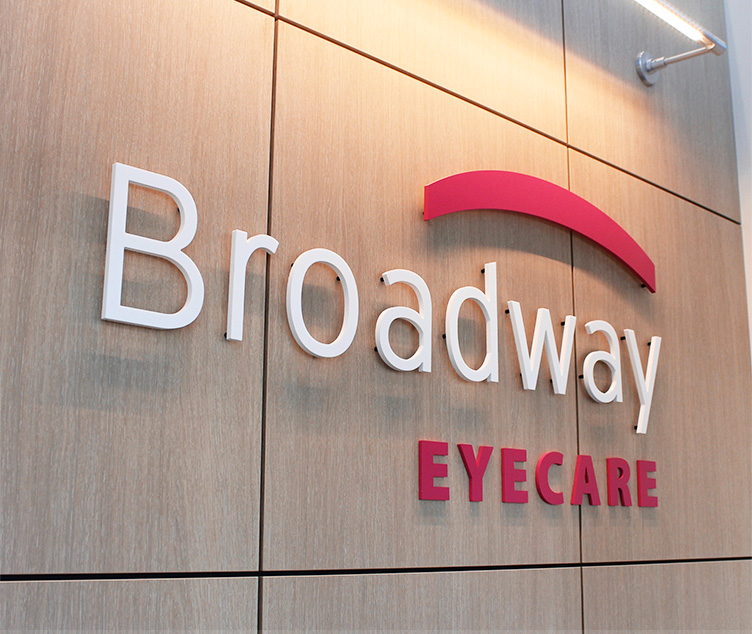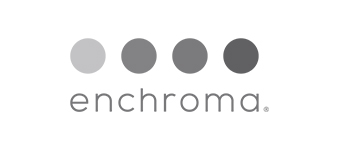Prescription Eye Drops Compared to OTC
Eye drops can be a convenient treatment tool for various eye problems, from dry eye to myopia control. Patients can also try many over-the-counter options to relieve allergies or eye irritation symptoms temporarily. But are over-the-counter eye drops safe? Are prescription eye drops more effective than common brands like Visine?
Unsurprisingly, it isn’t a simple yes or no answer, but you may be surprised to discover why.
What Are OTC Eye Drops?
Over-the-counter (OTC) or non-prescription eye drops are available to buy without a prescription, just like buying over-the-counter cold medicines for coughs. Over-the-counter eye drops are usually found in the pharmacy section of a store. The active ingredients in over-the-counter eye drops vary depending on the treatment of the over-the-counter product.
In general, an over-the-counter product is less potent or less specific than a prescription option. However, an over-the-counter treatment can be effective. Your optometrist may recommend an over-the-counter option over a prescription option, depending on the eye condition. Over-the-counter drugs are regulated to ensure quality, efficacy, and safety. Patients should read the manufacturer’s instructions and consult a healthcare provider about symptoms. In most cases, short-term use of over-the-counter eye drops is safe.
Before using any eye medication, whether over-the-counter or prescription, it’s essential that you understand how to use it. So, using eye drops as directed by the manufacturer or your optometrist can help limit potential risks.
Never use more than recommended or for longer than recommended. The wrong dose can damage your eyes. Also, use eye drops only for intended symptoms or treatment. For example, you would use antihistamine eye drops for allergy symptoms, not an eye infection.
Visine Eye Drops
Visine is a well-known OTC brand. Although Visine is probably best known for red eye relief, the manufacturer offers a range of products intended for:
- Eye allergies
- Dry eye
- Red or irritated eyes
- Tired eyes
- Watery eyes
When used as directed, Visine eye drops are safe for your eyes. Reading the manufacturer’s direction is vital, but don’t skip consulting your optometrist.
For example, you may buy Visine eye drops to reduce the appearance of red eyes. But redness can be a symptom of multiple eye conditions. Your irritated eyes might be the benign symptom of a single night of poor sleep or the first noticeable indication of eye disease. On the other hand, your eye redness could be the result of the overuse of Visine, which can actually cause your eyes to become more red and irritated.

Preservatives in Eye Drops
Many OTC eye drops (including Visine) contain benzalkonium chloride (BAK), which is a preservative ingredient . While this gives the product good shelf life, the preservative can be counterproductive for treating symptoms if used for an extended period of time. For example, your OTC artificial tears for dry eye could potentially worsen dry eye symptoms.
There are pros and cons to using preservatives, but possible side effects of preserved eye drops are:
- Reducing tear production
- Causing a foreign body sensation
- Roughening the cornea (surface of the eye)
OTC preservative-free eye drops are available, and some patients can benefit from making the switch to a more gentle, preservative-free option. Talking to your eye doctor about your experience can help, as it’s essential to determine if your symptoms result from the product brand, preservatives, or an eye condition. Your optometrist may prescribe a preservative-free option or recommend an alternative OTC brand.
Prescription Eye Drops
Some over-the-counter eye drops may offer short-term relief of symptoms, but they may not treat the root cause of the problem.. For example, eye drops that relieve redness use decongestants to constrict blood vessels and improve appearance. But as the decongestant wears off, patients may experience a rebound flush that can get worse over time.
Using over-the-counter eye drops can also cause tachyphylaxis. This is where frequent or prolonged exposure to a drug can reduce its effectiveness, causing you to need to increase the amount you use to achieve the same result.
When you visit your optometrist, they look for the cause of your red eyes. Then, they prescribe the appropriate drug or treatment. For example, red eyes can be caused by fatigue, infection, inflammation, or a foreign body.. Patients may benefit from antibiotic eye drops for bacterial conjunctivitis (pink eye) or eye care advice for digital eye strain.
Over-the-counter eye drops are generally safe for short-term use, but prescription eye drops may be a safer option in the long term. When using an OTC brand, you may feel better after short-term use or try different brands with no improvement. Each patient has unique eyes with unique eye care needs. While over-the-counter brands are mass-produced to serve the general population, prescriptions are customized based on your specific eye health needs.
Prescription eye drops may be more potent and therefore more effective, but access to personalized treatment is the most important benefit. Your optometrist is committed to taking care of you. They can monitor for negative side effects, and troubleshoot if the first-line treatment isn’t effective. Whether your eye problem is temporary or chronic, mild or severe, they can help you find a safe and effective solution.
Consult Your Optometrist
In most cases, few over-the-counter eye drops are bad for your eyes. But it’s always better to consult an eye care professional to receive medication or treatment specifically tailored for your symptoms and eye health.
Prescription eye drops can be more effective when used as directed. Talk to your optometrist for eye drops that treat the symptoms and the cause. Request an appointment at Broadway Eyecare today!









